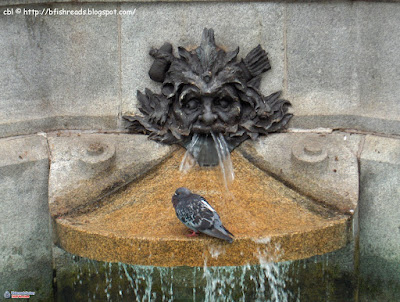Friday Finds (Oct. 31)

This is my first time with Friday Finds. To see what other books were found this week, click here.
I post my entire list of weekly discoveries on Sundays, but I thought I'd pick out a couple of books to highlight for this meme.
My Lady of Cleves by Margaret Campbell Barnes is the story of -- duh -- Anne of Cleves, Henry VIII's fourth wife. I found this book through a review at Alabama Book Worm (click here). I love reading both fiction and nonfiction that covers the period of Henry VIII and Elizabeth I in England. I hope to get to it in 2009.
My next find is a series of medieval mysteries (A Mortal Bane is the first one) by Roberta Gellis. Our hero is a 12th-century madame (as in house of ill-repute) in London. I learned about these books from an audiobook mystery list I subscribe to. I plan on starting the series sometime after the holidays.
For my entire list of new-to-me books for the week, please check back on Sunday morning.
EDIT: Couldn't wait for next year! I started A Mortal Bane 10 hours after posting!

























